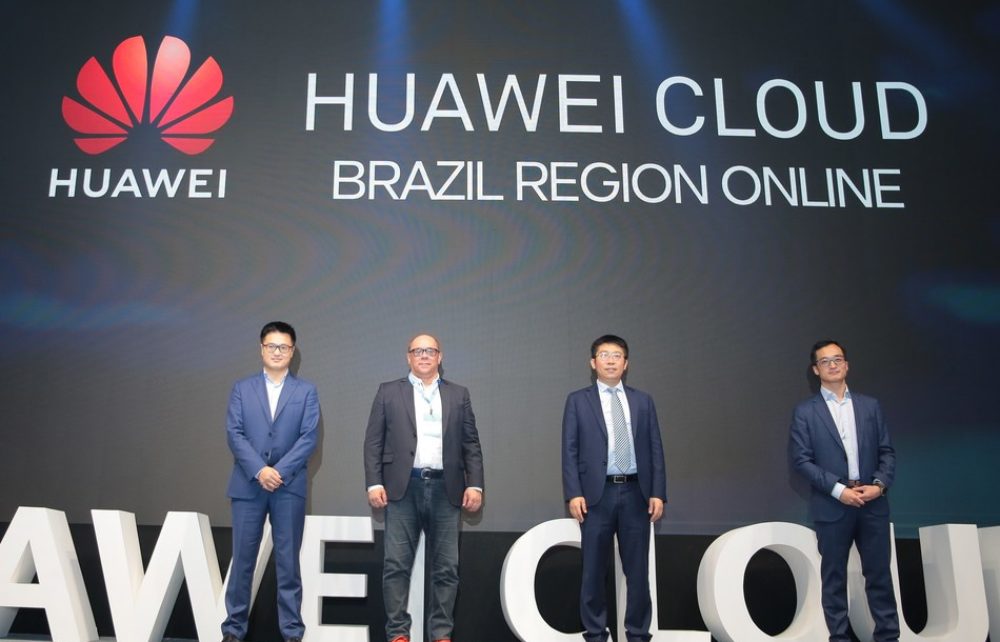The U.S. presidential election in November could have a significant impact on Huawei´s fortunes in the upcoming 5G communications auction in Brazil, as in other aspects of the Sino-Brazilian relation, according to Foreign Policy.
In an article published this week on Foreign Policy, Ryan C. Berg and Thiado de Aragão argue that a possible reelection of U.S. President Donal Trump could have a “steep price” for Brazilian president Jair Bolsonaro, given the current U.S. administration has focused unremittingly on Brazil’s relationship with China, especially in the highly anticipated auction to develop Brazil’s 5G capabilities, planned for the first trimester of 2021.
“Barring any changes or exemptions, China’s Huawei will compete in the auction against Finland’s Nokia and Sweden’s Ericsson, both of which the U.S. prefers over Huawei. Despite U.S. pressure, Brazil has been reticent to exclude the firm from the competition”, the two analysts say.
They add that Brazil “remains incredibly reliant on China commercially, which diminishes the appetite of Brazilian policymakers to confront China head-on. There’s also fear of potential retaliation from Chinese President Xi Jinping and pressure from Brazil’s agricultural lobby and the mining sector—key components of Bolsonaro’s political base—to straddle both Chinese and U.S. interests”.
A Trump second term could mean U.S. tariffs on Chinese industries and targeted sanctions on Chinese Communist Party, affecting Chinese companies that are well established in Brazil’s market, such as the China Three Gorges Corporation, as well as other financial institutions and a few infrastructure companies.
“In such a scenario, Brazil may even be asked to enforce and uphold U.S. sanctions on Chinese entities and individuals. Those demands would be hard for Bolsonaro to ignore”, the article adds.
If Trump´s opponent, Joe Biden, is the winner, Berg and Aragão add, “Brazil’s 5G auction may naturally fall at a moment of reduced political pressure” and Bolsonaro “could try to hold the auction before Biden’s political appointees and chosen ambassadors navigate the labyrinthine Senate confirmation process, all while acting or career officials still occupy key posts in the State, Commerce, and Defense Departments”.
In the experts´ view “Biden’s election may help the Brazilian president dodge a bullet on the 5G auction, but his celebrations wouldn’t last long. There’s no doubt that Biden would still push Brazil to reorient itself away from China and toward the United States, although his understated style and his preference for diplomacy would likely steer him toward formal, diplomatic channels with less fanfare than Trump’s thunderous denunciations”.
Whichever presidential candidate emerges victorious in November, “the China challenge will remain at the epicenter of U.S.-Brazilian relations”, Berg and Aragão say.
“Unlike other Latin American countries, China has been unable to develop significant lines of credit to Brazil’s federal government, which has diminished its power over the Brazilian government. That gives Brazilian policymakers greater latitude than their counterparts in the region to push back against China. And it is precisely because U.S. policymakers understand that Brazil has choices that both presidents would continue to pressure it to choose the United States”, they add.
Brazilian President Jair Bolsonaro says that it will be up to him only to decide on the implementation of the fifth generation mobile internet (5G) in Brazil, while the U.S. calls on the country to ban China from its networks.




